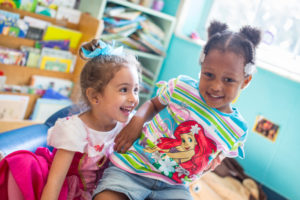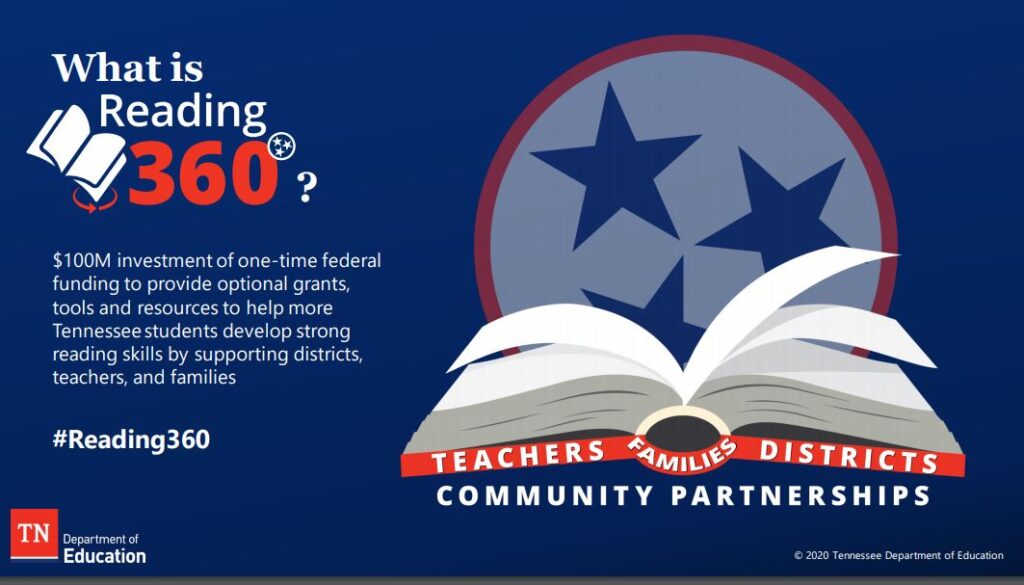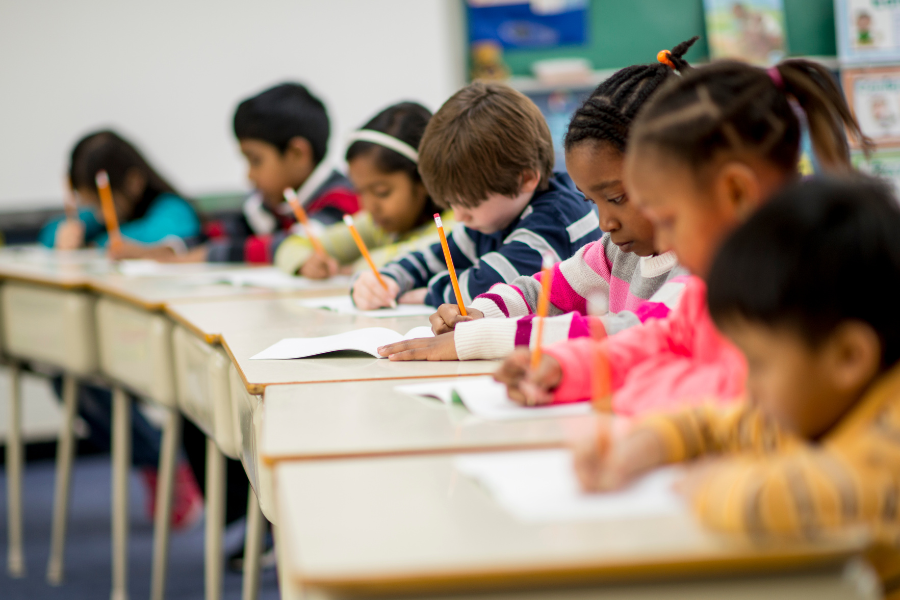Parents and caregivers are usually a child’s most important teacher, but school closures associated with the COVID-19 spread adds even more meaning to the phrase “parents as teachers.”
Parents and teachers are all too familiar with the term “summer slide” – when children forget or lose what they learned in the school year, while on summer break. The COVID “cool down” has the potential to be even more disruptive than summer break, because there are limited organized learning opportunities outside of the home.
When children are not exposed to regular learning exercises for two months or more, they are at risk of losing anywhere from one to three months of what they previously learned. If this happens consistently, children are at risk of playing long-term catch-up each year, and if children are not reading proficiently by third grade, they tend to fall behind in future grades and are four times less likely to graduate from high school.
To help parents feel prepared during this time, Susan Breitling, the elementary coordinator for Pre-K through fifth grades at Sumner County Schools and Cherie Estep, the Pre-K advisor at Sumner County Schools offered some tips for parents as they work to engage their children in education-based activities.
- Keep it play-based: Young children learn best through play-based learning. In high quality early learning settings, literacy, math and social skills are weaved-in through games, activities and movement.
- Take Notice of Time: Learning should be done in small periods throughout the day, so it’s important to incorporate breaks for snacks, lunch and regular play. Most children should be able to play for 15-minute chunks of time.
- Limit technology: While it’s tempting to occupy children with educational tv shows and video games, it’s vital that we encourage play away from screens as much as possible. We don’t know how long these social distancing requirements will be enforced, so it’s important to create a balance of interactive learning with and without screens.
Incorporating these same tips, we’ve rounded up a list of educational based activities recommended by Susan, Cherie and Amy Clenney, the Pre-K and family resource supervisor at Decatur County Schools. These activities are fun and enriching and comply with the recent social distancing requirements.
Lead with Reading
Reading is the most impactful activity that parents can do with their Pre-K-aged children. “Read to your child every day,” says Amy Clenney. “Talk about the pictures on the page. You can ask them about colors, count the items on the page, discuss what happens next and relate [the story] to their everyday life.”
By asking children to point out different elements of the story (i.e. illustrations, number of pictures on the pages, the colors used, etc.), you’re encouraging them to get engaged with the story and providing them with an activity.
Once you’ve finished the story, ask your children what their favorite part was and why they liked it. You can also have them read the book in their own words. These tasks will engage their memory skills and encourage them to think proactively about what was read.
Cook Up Some Fun in the Kitchen
Social distancing policies mean that our homes become the classroom. To keep things fresh, utilize different rooms wherever possible. Bring kids into the kitchen and have them count items in the fridge or pantry.
Playing games like “how many eggs do we have?” gets kids talking and thinking about colors, shapes and animals. When the family is getting ready to eat, explain what you’re doing as you prepare the food and have them help by mixing food or setting out napkins at the table.
You can even set up a play-kitchen area and have children pretend to be chefs. Ask them questions that will encourage them to make choices: do they want to serve their customers apples or oranges?
Learn through Laundry
It may sound silly, but household chores are a creative avenue to help Pre-K-aged kids practice basic skills like matching socks and folding clothes, helping make the bed, and writing grocery lists. These chores are an opportunity to introduce new vocabulary and get kids involved.
Limit Screen-Time; Engage in Nature
Keep kids engaged with interactive games that don’t involve a screen. Scavenger hunts can be played indoors and, in the backyard, and can encourage kids to be active. Playing in the backyard is a great opportunity to spark interest in nature. Ask your children what they see and hear: how many trees have leaves budding? What colors do they see? Do they hear birds chirping?
It’s important to keep building your child’s social skills – especially at a time when social distancing is encouraged. This is a great time to work on your child’s listening skills. Start a conversation with them and use the back-and-forth exchange to teach them how to listen and take turns when speaking. Talk about feelings and use this as an opportunity to teach them about empathy and how we can express our feelings.
Taking virtual field trips to farms, zoos or museums is a creative way to practice social distancing skills. Pretend you are there and have your child practice getting in line – use stuffed animals or toys as the other line-goers – and have them practice staying a safe distance away from one another. This will help to teach them about personal space, as well.
These activities will help build on kids’ educational and social skills, while adhering to our current COVID-19 requirements.
Bonus Activities
Looking for more suggestions? Here’s a list of more recommendations from our experts that include more educational activities, family tips and ways to build social skills during this time:
Educational-based activities:
- Sidewalk chalk
- Walks outside & discuss plants/plant parts/flowers/blooms-introduce vocabulary
- Play board or card games
- I-Spy games with colors, starts with [name a letter], shapes, etc.
- Drawing
- Legos/building blocks
- Paint rocks
- Make sock puppets
- Play with Play-doh
Tips for families:
- Set up dramatic play area in house (ideas: kitchen area, pretend doctor’s office, garden center, store, veterinarian’s office, etc.)
- Allow children choices
- Play outside to develop gross motor skills
Social skills:
- Talk with family members often
- Practice taking turns
- Teach empathy (talk about how we feel when ____ happens)
- Express feelings/needs appropriately
- Discuss that we’re staying home to take care of our family, friends, neighbors, etc.
- Ask/respond to questions
- Explain to children what you are doing while mixing, cooking dinner, etc.





